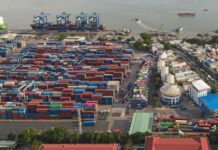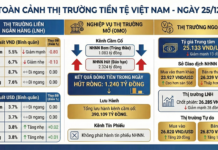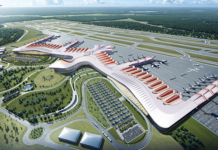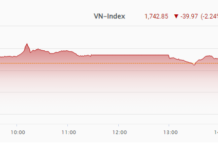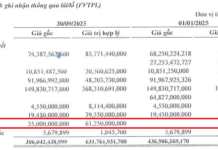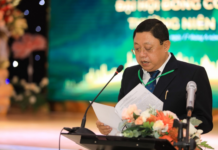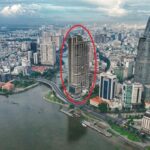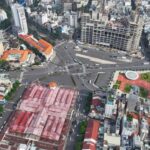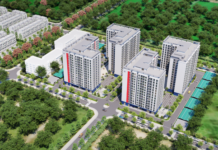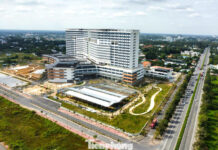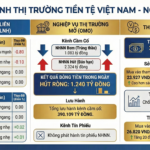The Ho Chi Minh City People’s Committee has issued a decision outlining the decentralized management of construction order within the city. According to this decision, the Department of Construction, People’s Committees of wards, communes, and special zones, the Management Board of the High-Tech Park, the Management Board of the Hi-Tech Agricultural Zone, and the Management Board of Export Processing and Industrial Zones are responsible for monitoring, inspecting, detecting, preventing, and handling unauthorized or improperly permitted construction activities.
Specifically, the Department of Construction is tasked with overseeing two groups of construction projects. The first group includes projects for which the Department has issued construction permits, investment decisions, or feasibility reports, as well as those involving detailed construction designs following the approved master plan, as per the authority and delegation of the Ho Chi Minh City People’s Committee.
The second group comprises projects whose feasibility reports and detailed construction designs have been appraised by specialized construction agencies under the Ministry of Construction.
The Management Boards of the High-Tech Park, Hi-Tech Agricultural Zone, and Export Processing and Industrial Zones are responsible for all construction projects within their respective boundaries, including those appraised by the Ministry of Construction’s specialized agencies.
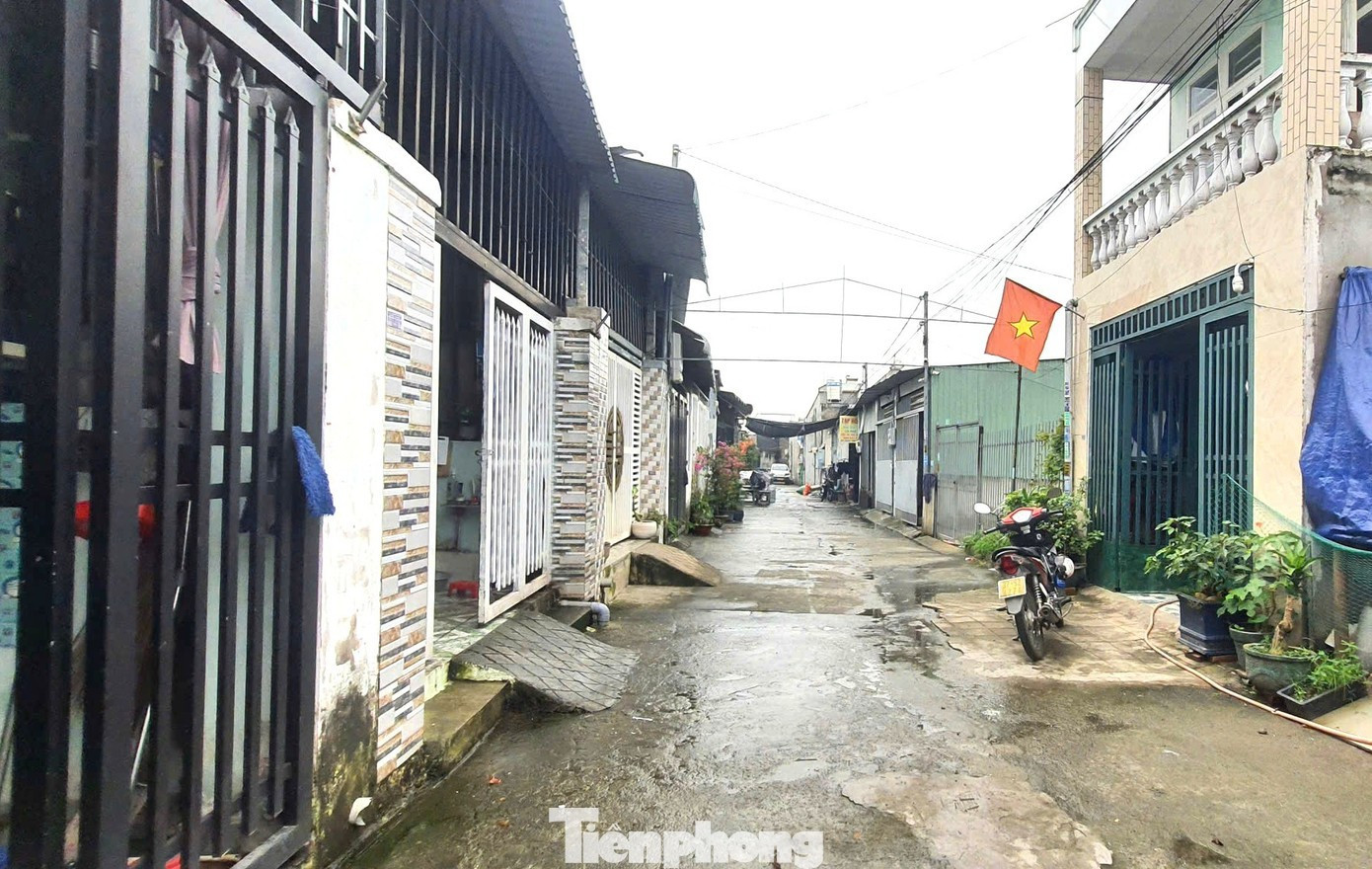
Nearly 50 houses built on others’ land in Ho Chi Minh City. Photo: Hương Chi.
The People’s Committees of wards, communes, and special zones are responsible for projects lacking the required construction permits, as issued by competent state agencies.
This includes projects permitted or approved by the ward, commune, or special zone People’s Committees, as well as those whose feasibility reports and detailed designs have been appraised by construction management agencies under their authority, as delegated by the Ho Chi Minh City People’s Committee.
Additionally, this covers construction works or components that arise after a project has been completed and put into use, or after the land use rights and property ownership certificates have been updated.
Projects not falling under the aforementioned categories, including those exempt from construction permits, are also within their purview. This decision takes effect from November 20, 2025.
Furthermore, the decision allows ward-level People’s Committees to monitor and handle unauthorized or improperly permitted constructions before July 1, 2025. It also outlines transitional provisions for the responsibilities of ward-level People’s Committees in managing, monitoring, inspecting, detecting, preventing, and handling constructions under the permitting and approval authority of district-level People’s Committees before July 1, 2025, whether they are under construction, suspended, or not yet started.
Ward-level People’s Committees will receive project dossiers based on their assigned administrative areas. In cases where a project spans multiple wards, the committee with the largest share of the construction land area will take responsibility.
The Department of Construction is responsible for transferring all relevant dossiers of projects under the permitting and approval authority of district-level People’s Committees before July 1, 2025, to the respective ward-level People’s Committees for continued management, monitoring, inspection, detection, prevention, and handling as required.
Ho Chi Minh City’s Vision as an International Port Metropolis: A New Catalyst for Economic Growth and Real Estate Development
Ho Chi Minh City is embarking on a transformative phase, poised to become an international port city by expanding its development footprint towards the Southeast and directly integrating with the Cai Mep – Thi Vai port cluster. This strategic shift not only reshapes the urban economic model but also unlocks new growth potential for the real estate market.
Unveiling the Fate of Two Long-Delayed Mega Projects in Ho Chi Minh City’s Heart
On November 10th, the Ho Chi Minh City Department of Construction issued an official statement addressing media inquiries regarding two abandoned “mega-projects” in the city center.
Flooding Persists, Yet Luxury Apartment Prices in Affluent Areas Hit $13,000 per Square Meter
Nestled in the heart of Ho Chi Minh City, this exclusive neighborhood boasts a wealth of luxurious amenities and an upscale living environment. However, with every heavy rainfall or high tide, its streets transform into rivers, revealing a stark contrast to its affluent reputation. Despite these challenges, property prices here remain among the most exorbitant in the city.





